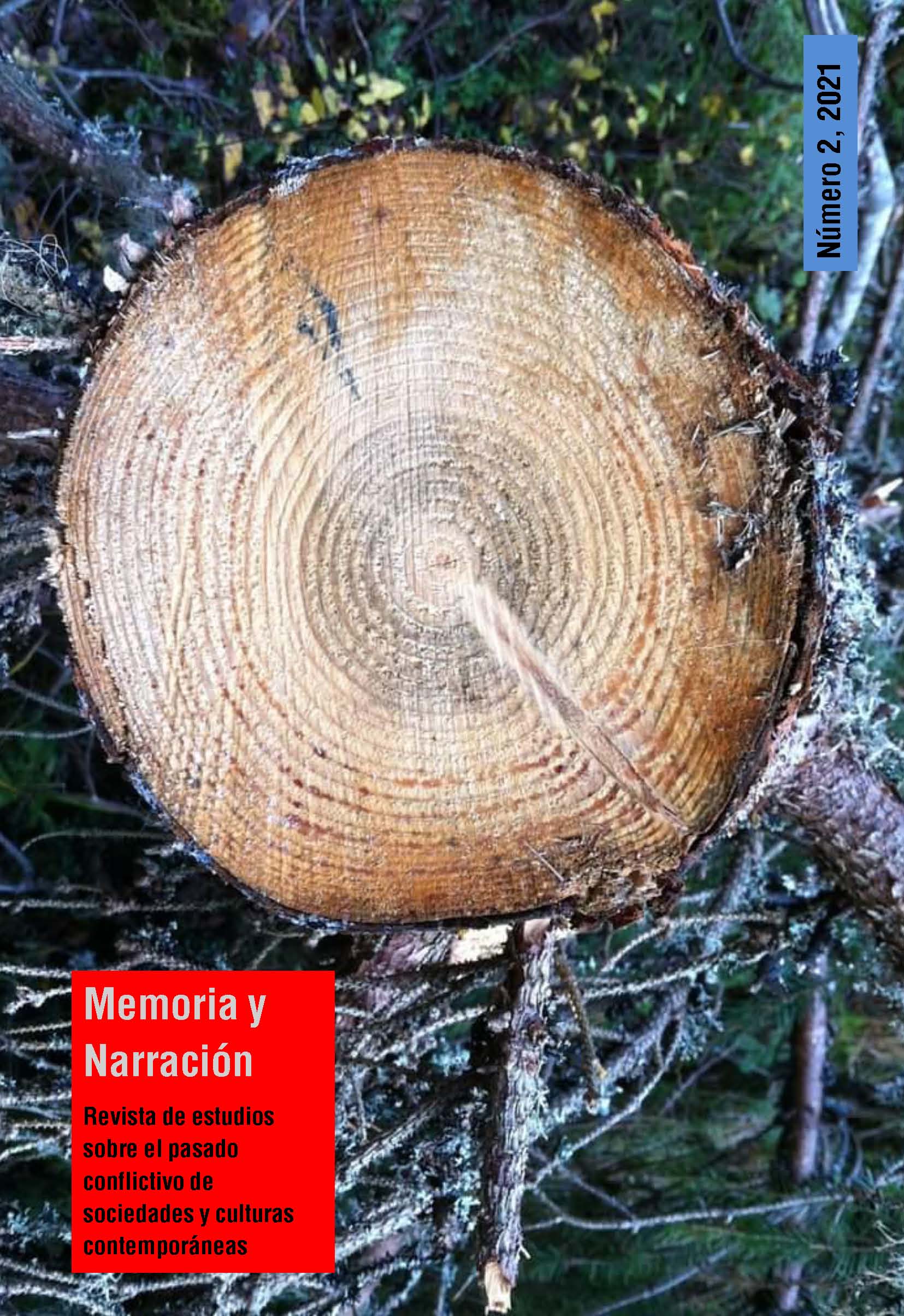Huellas nómadas: Un poema en el bolsillo de Héctor Abad Faciolince
DOI:
https://doi.org/10.5617/myn.8662Abstract
In 2006 the Colombian writer Héctor Abad Faciolince (1958) achieves an astonishing interna-tional success with El olvido que seremos, a delicate literary tribute to his father killed in 1987 by paramilitary hitmen. Crossing cultures and borders, the book links a family tragedy to the country's political violence, but leaving an open ending while the transitional justice does not give access to the truth. In 2015 Daniela Abad, the daughter of the writer, and Miguel Salazar shoot the documentary Carta a una sombra, partially based on this book. Now the filmic post-memory of a crime against humanity reaches an uncountable and globalized audience, while the writer continues to carry out his personal way of reparation. Travelling between two con-tinents, he finds out the authenticity of the poem by J. L. Borges that his father took with him when he died. In 2009 Héctor Abad Faciolince publishes the result —“Un poema en el bolsillo”— first in the magazine Letras Libres, then in Traiciones de la memoria, a book illustrated with a lot of documents. The verbal-visual combinations of this memory in motion carry new chronotopes, analysed with the Visual Studies approach. In particular, a surviving image of trauma stands out as a proof that every metamorphosis delays the grief process.
Downloads
Published
Issue
Section
License
Authors who publish in this journal accept the following conditions:
- Authors retain copyright and grant the journal right of first publication with the work simultaneously licensed under a Creative Commons Attribution License that allows others to share the work with an acknowledgement of the work's authorship and initial publication in this journal.
- Authors are able to enter into separate, additional contractual arrangements for the non-exclusive distribution of the journal's published version of the work (e.g., post it to an institutional repository or publish it in a book), with an acknowledgement of its initial publication in this journal.
- Authors are permitted and encouraged to post their work online (e.g., in institutional repositories or on their website) prior to and during the submission process, as it can lead to productive exchanges, as well as earlier and greater citation of published work (See The Effect of Open Access).


